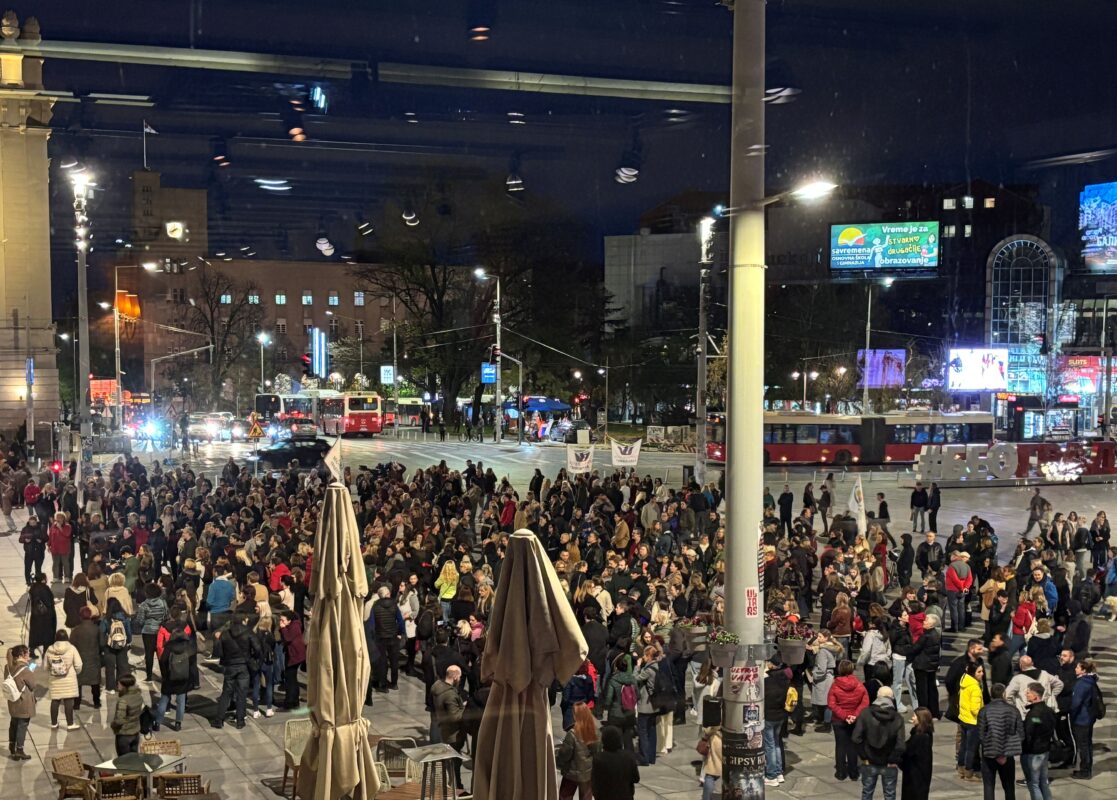"We must not fall into oblivion"
The Salzburg Festival will take place in August, the Berlin Philharmonic Orchestra will play in Austria under German conditions and a new festival under the motto "Life Is Live" has been organized for Lucerne following the cancellation.
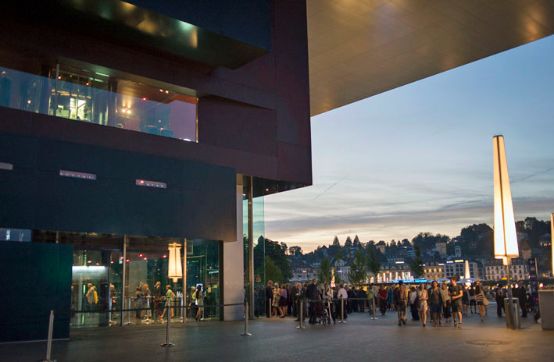
It was a bombshell when Markus Hinterhäuser announced in May that the Salzburg Festival will take place this summer from August 1 to 30, 2020 with two opera premieres, three theater productions and numerous concerts and readings.
-
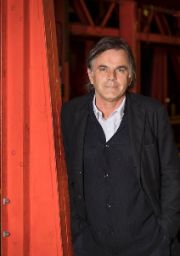
Markus Hinterhäuser. Photo: Leo Neumayr
"We played through many scenarios - from a total cancellation to a single day of the festival," explains the director in conversation. "Then the infection figures in Austria developed positively. And thanks to the federal government's phased plan, from August 1, 2020, up to 1,000 visitors could be admitted to events if they presented a strict hygiene concept. Rehearsals, opera, theater, symphony orchestra performances - it was all possible again. We can now also set artistic accents. Of course we will have economic losses, but they will be bearable." Of the originally planned opera program with four new staged productions and four revivals, only Richard Strauss' Electra which will open the festival on August 1, 2020. "It was important to us to have the work of a festival founder at the 100th anniversary of the festival. All the concerts and performances that we stage in the summer are performed without an intermission. So the one-act play fits Electra also very good. The personnel on stage is manageable and there is no need for a choir - these were also reasons for this opera as a prelude." The canceled productions are to be made up for next year. With Così fan tutte an entirely new opera production was created in just a few weeks for the modified Salzburg Festival. Christof Loy, who actually Boris Godunov is the director. Joana Mallwitz, intended for the Magic fluteconducts. All events, including theater performances, readings and concerts, will be held without an intermission. There will be no catering in the foyers. As far as the minimum distance between artists is concerned, Austria is taking a different approach to Switzerland and Germany. The members of Austrian orchestras are regularly tested for coronavirus. There are no distancing requirements, which means that the Vienna Philharmonic Orchestra can sit close together in the orchestra pit. "I am delighted that we are once again recognizing the basic human need for art, for theater, for music. Everyone is called upon to play their part in making this happen. I very much believe in this attempt," says Markus Hinterhäuser confidently before the start of the festival.
Fighting for culture
Andrea Zietzschmann, Director of the Berlin Philharmonic Orchestrais very much looking forward to the two concerts by the Berliner Philharmoniker at the Salzburg Festival on August 29 and 30, 2020 - the orchestra's first guest appearances after a five-month break.
-
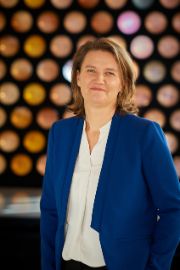
Andrea Zietzschmann. Photo: Stefan Höderath
The program of the two concerts under chief conductor Kirill Petrenko had to be changed slightly. Anton Webern's Passacaglia for orchestra and Josef Suk's Symphony in C minor op. 27 were canceled, Arnold Schönberg's Transfigured night in the version for string orchestra. In Austria too, however, the orchestra must adhere to the minimum distances prescribed in Germany - i.e. 1.5 meters for strings and 2 meters for wind instruments. A 68-piece orchestra is the maximum in the large Festspielhaus. The last few months have been characterized by crisis management for Zietzschmann. Canceling concerts, terminating contracts, securing liquidity. The orchestra members have been on short-time work since the beginning of April until the start of the season on August 28 in Berlin. She is calling for more concessions and practicable solutions from politicians in Germany. "Unfortunately, culture is not at the top of the federal government's list of priorities, and we all have to fight for that." In Germany, halls can currently only be occupied up to a maximum of 30 percent. The minimum distances for orchestral musicians prevent larger ensembles. In Berlin, choral singing is completely banned in closed rooms. She considers Austria's test model to be a good thing because it helps to establish normality. The orchestra has already been tested several times for the Berlin Philharmonic's European concert, which will be broadcast on May 1. "As the coronavirus issue will certainly keep us busy for some time to come, we need pragmatic solutions," Zietzschmann is convinced. The new season program for the Berliner Philharmoniker's concerts until the end of October will be announced in mid-August. "There will be attractive programs without a break. In order to be able to act flexibly, we are planning step by step." And there will be more concerts in order to "create more concert offerings in view of the greatly reduced number of admitted audiences."
Respect boundaries
As far as the distance between orchestral musicians is concerned, the current guidelines in Switzerland are 1.5 m (strings) and 2 m (wind instruments). However, significantly more audience members are allowed than in Germany. Including hall personnel, 1000 people are now permitted in the KKL Luzern.
-
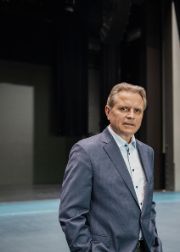
Michael Haefliger. Photo: Daniel Auf der Maur
Michael Haefliger had initially planned the event from August 14 to September 13, 2020. Lucerne Festival was completely canceled at the end of April. The fact that it can now take place in a much smaller version has to do with the greater opportunities that organizers in Switzerland are now granted. "We're not doing a scaled-down festival this summer, but a new festival with the theme 'Life Is Live'. We have developed a contemporary concept that takes all hygiene requirements into account and offers a compact festival experience that is concentrated over 10 days." Not much has remained of the old festival. The performances of the international guest orchestras are not possible. The Lucerne Festival Academy will not take place, nor will the pre-festival "Music for Future" and the planned 10 world premieres. The Lucerne Festival Orchestra will perform two Beethoven programs under Herbert Blomstedt with a 35-piece orchestra (soloist: Martha Argerich). Igor Levit will continue his Beethoven cycle, and Cecilia Bartoli will perform a Handel program with Les Musiciens du Prince - Monaco in addition to other chamber concerts. Open-air world music bands can be heard daily in the city and Peter Conradin Zumthor's composition Lucerne bells - con sordino. Michael Haefliger basically agrees with the Swiss government's guidelines. "If you are too rigid, you prevent a certain normalization. That's why we welcome the relaxation, but we are aware that we always have to keep an eye on the number of cases. It's a balancing act." In his opinion, the consequences of the coronavirus crisis for the classic business mean a certain amount of downsizing. "From an ecological point of view, limits are now being respected that were not previously adhered to," says Haefliger. "In the coming months, we will certainly focus heavily on our own space and try to maintain lively communication with our audience there. We must not be forgotten."






